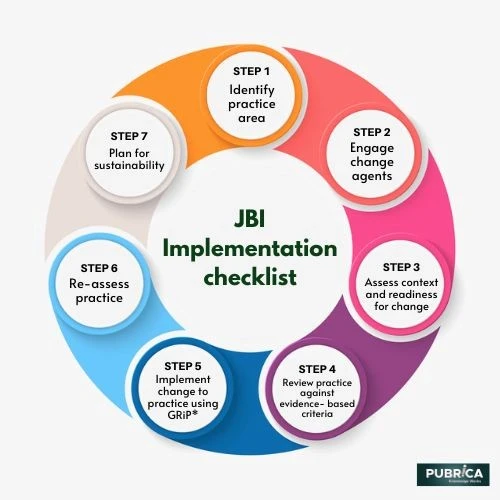- Services
- Discovery & Intelligence Services
- Publication Support Services
- Sample Work

Publication Support Service
- Editing & Translation
-
Editing and Translation Services
- Sample Work

Editing and Translation Service
-
- Research Services
- Sample Work

Research Services
- Physician Writing
- Sample Work

Physician Writing Service
- Statistical Analyses
- Sample Work

Statistical Analyses
- Data Collection
- AI and ML Services
- Medical Writing
- Sample Work

Medical Writing
- Research Impact
- Sample Work

Research Impact
- Medical & Scientific Communication
- Medico Legal Services
- Educational Content
- Industries
- Subjects
- About Us
- Academy
- Insights
- Get in Touch
- Services
- Discovery & Intelligence Services
- Publication Support Services
- Sample Work

Publication Support Service
- Editing & Translation
-
Editing and Translation Services
- Sample Work

Editing and Translation Service
-
- Research Services
- Sample Work

Research Services
- Physician Writing
- Sample Work

Physician Writing Service
- Statistical Analyses
- Sample Work

Statistical Analyses
- Data Collection
- AI and ML Services
- Medical Writing
- Sample Work

Medical Writing
- Research Impact
- Sample Work

Research Impact
- Medical & Scientific Communication
- Medico Legal Services
- Educational Content
- Industries
- Subjects
- About Us
- Academy
- Insights
- Get in Touch

- Services
- Discovery & Intelligence Services
- Publication Support Services
- Sample Work

Publication Support Service
- Editing & Translation
-
Editing and Translation Services
- Sample Work

Editing and Translation Service
-
- Research Services
- Sample Work

Research Services
- Physician Writing
- Sample Work

Physician Writing Service
- Statistical Analyses
- Sample Work

Statistical Analyses
- Data Collection
- AI and ML Services
- Medical Writing
- Sample Work

Medical Writing
- Research Impact
- Sample Work

Research Impact
- Medical & Scientific Communication
- Medico Legal Services
- Educational Content
- Industries
- Subjects
- About Us
- Academy
- Insights
- Get in Touch

JBI Manual for Evidence Synthesis: Scoping Reviews
JBI Manual for Evidence Synthesis:
Scoping Reviews provides a comprehensive guide for conducting scoping reviews, a type of knowledge synthesis that maps out the existing literature on a topic. Scoping reviews can help identify gaps in the research and provide direction for future research. In addition, the JBI Manual provides a step-by-step process for conducting a scoping review, from developing the research question to reporting the results.
The first step in conducting a scoping review is to develop a clear research question. The question should be broad enough to capture all relevant literature on the topic but specific enough to guide the review. The JBI Manual recommends using the PCC (Population, Concept, Context) framework to develop the research question.
Once the research question is established, the next step is to identify relevant studies. The JBI Manual recommends using a systematic search strategy to identify studies, including searching electronic databases and grey literature. In addition, the manual provides guidance on developing search terms and search strategies, as well as guidance on screening studies for inclusion in the review.
Once studies have been identified, the next step is to chart the data. Charting involves extracting relevant data from the included studies and organizing it meaningfully. The JBI Manual recommends using a data extraction form to ensure consistent and comprehensive data extraction.
After data charting, the next step is to collate, summarize, and report the results. Finally, the JBI Manual recommends using a narrative summary to report the findings of a scoping review. Finally, the narrative summary should provide a clear overview of the existing literature on the topic, including the scope of the literature, the key themes and concepts identified, and any gaps in the literature

Finally, the JBI Manual recommends considering the implications of the scoping review findings for future research and practice. This may involve identifying areas where further research is needed, as well as identifying opportunities for improving practice based on the existing literature.
Overall, the JBI Manual for Evidence Synthesis: Scoping Reviews provides a comprehensive guide for conducting scoping reviews. By following the step-by-step process outlined in the manual, researchers can ensure that their scoping reviews are conducted rigorously and transparently. Scoping reviews can be a valuable tool for mapping out the existing literature on a topic, identifying gaps in the research, and providing direction for future research and practice.
Give yourself the academic edge today
Each order includes
- On-time delivery or your money back
- A fully qualified writer in your subject
- In-depth proofreading by our Quality Control Team
- 100% confidentiality, the work is never re-sold or published
- Standard 7-day amendment period
- A paper written to the standard ordered
- A detailed plagiarism report
- A comprehensive quality report


